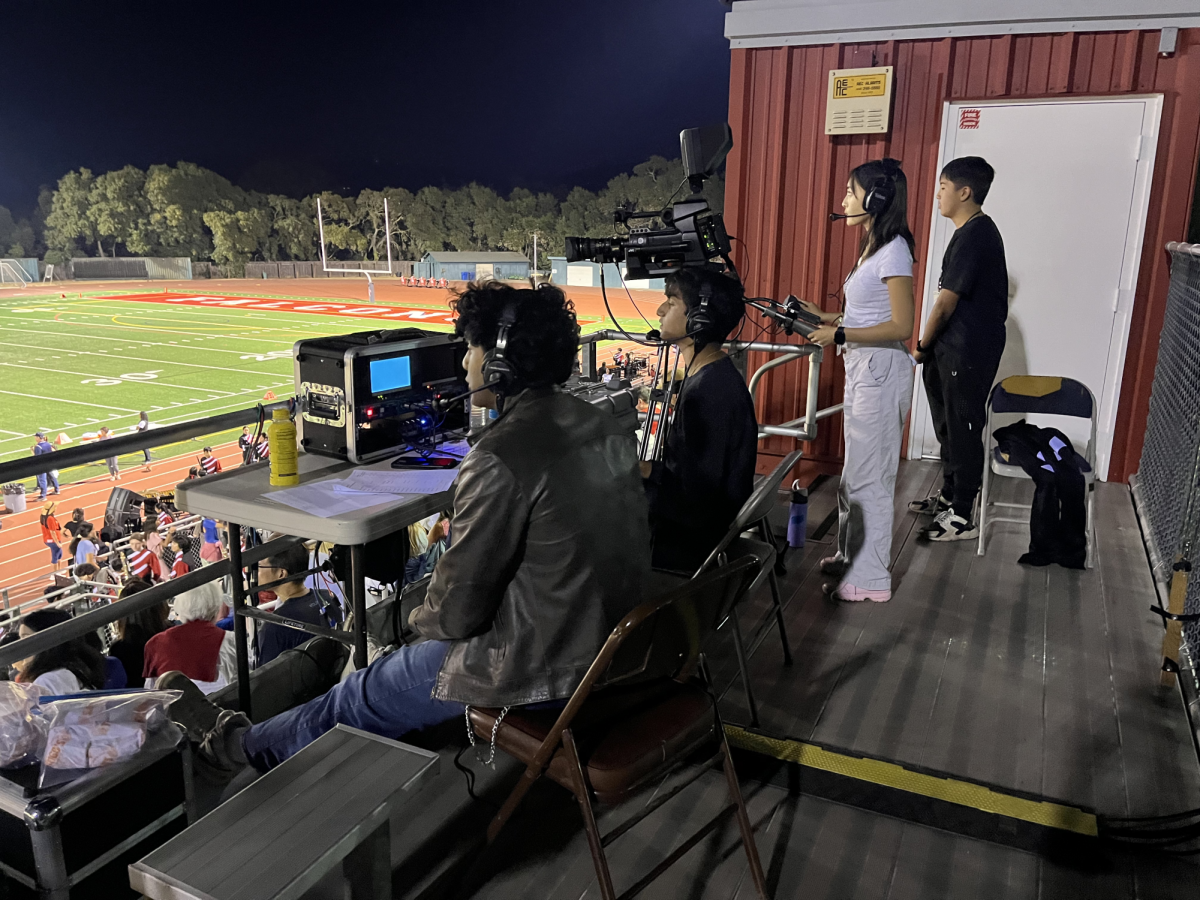Video games cause violence.
Video games cause the stunting of brain growth.
Video games cause obesity.
It seems that video games are causing an apocalypse, and according to anti-video-game activists, gamers are wasting their time and money.
Yet the army is using “Call of Duty” as physical therapy for soldiers, psychologists are using “Gran Turismo” as treatment for ADHD, schools are using “Dance Dance Revolution” as an exercise regimen, surgeons are using “Super Monkey Ball” to train for surgery and teachers are using “Halo” to teach classical literature.
Society’s poison
But to those fighting for the fall of the video game industry, none of that seems to matter. Jack Thompson, a major voice of the anti-video-game movement who was disbarred from practicing law in 2008 for misconduct and making false statements, said to Shreveport Times, “[PlayStation 2’s DualShock controller] gives you a pleasurable buzz back into your hands with each kill. This is operant conditioning.”
Operant conditioning is a method of behavior modification developed by B.F. Skinner that teaches through rewards and punishments. And apparently students have been trained to risk life in jail for the thrill of firing a gun.
Such a misguided war against student violence needs to be set on the right path to end the unneeded loss of lives as soon as possible. On the same note, all high school shootings are correlated with bullying. In order to put an end to shootings, society should spend its time and resources combating bullying, rather than going up against gaming giants.
Considering the huge influence video games have in our society, their correlation with violence is actually surprisingly low. In fact, the rate of violent crimes has gone down 60 percent since 1994, according to The New York Times. While students are accused of nurturing a violent tendency through gaming, most gamers use them to escape stress, learn, socialize or exercise.
Video games are also often criticized for their tendency to suck gamers into a bottomless pit of isolation. But despite common misconceptions, online gaming allows gamers to experience more diverse social interactions than they would in the real world.
Health benefits of gaming
“Although video game playing may seem to be rather mindless, it is capable of radically altering visual attentional processing,” said researchers Daphne Bavelier and Shawn Green who conducted a study showing the positive effects of gaming, according to BBC News. Now various doctors are recommending games as therapy to those suffering impaired vision. And according to MSNBC.com, surgeons who played video games at least three times a week made 37 percent fewer mistakes than those who didn’t.
West Virginia has made it a goal to install the popular dance game “Dance Dance Revolution” in all of its 765 schools as part of their physical education curriculum to encourage students to have fun while battling adolescent obesity. And the Wii gaming system’s requirement for the gamer to be actually physically involved in the game has been used as physical therapy for soldiers and veterans.
Although not all of us may be heading into the operating room on a daily basis, the benefits of video games and their potential as multipurpose tools greatly outweigh their costs. This was easily seen in 2005, when the video game industry helped boost the ailing U.S. economy by generating $18 billion.
Through games, teenagers are able to find a niche to relieve the tensions of today’s high-stress society with others like them. Rather than banning all video games in order to prevent possible violence, adults should view video games as a tool, possibly something they could use to connect with the children they’re having such a hard time understanding.

























